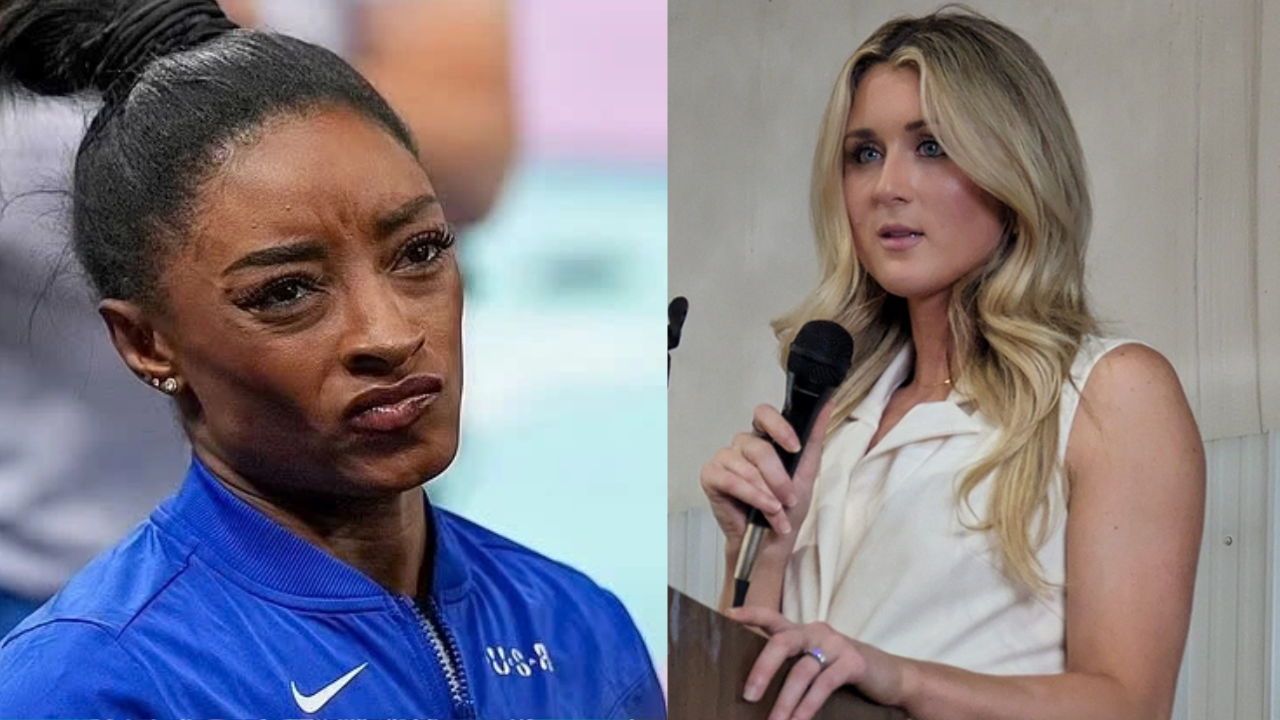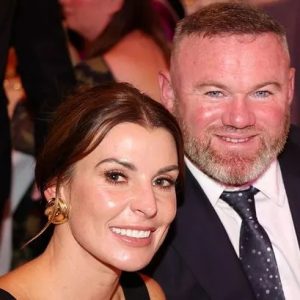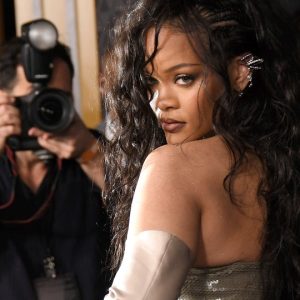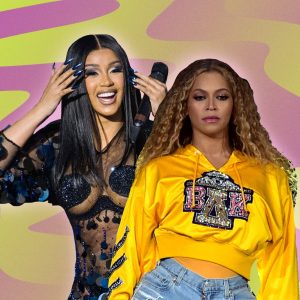In early June 2025, a heated debate broke out on social media between two famous American athletes: Simone Biles, a gymnastics legend who won 7 Olympic gold medals, and Riley Gaines, a former college swimmer and now a women’s rights activist in sports. The debate began when Gaines criticized a transgender athlete who played on a high school girls’ softball team in Minnesota.

Specifically, Gaines posted a photo of the Champlin Park High School softball team, which had just won the state championship with the participation of transgender athlete Marissa Rothenberger. Gaines wrote: “No wonder their star is a boy”, implying that it was unfair for a transgender person to compete on the girls’ team.
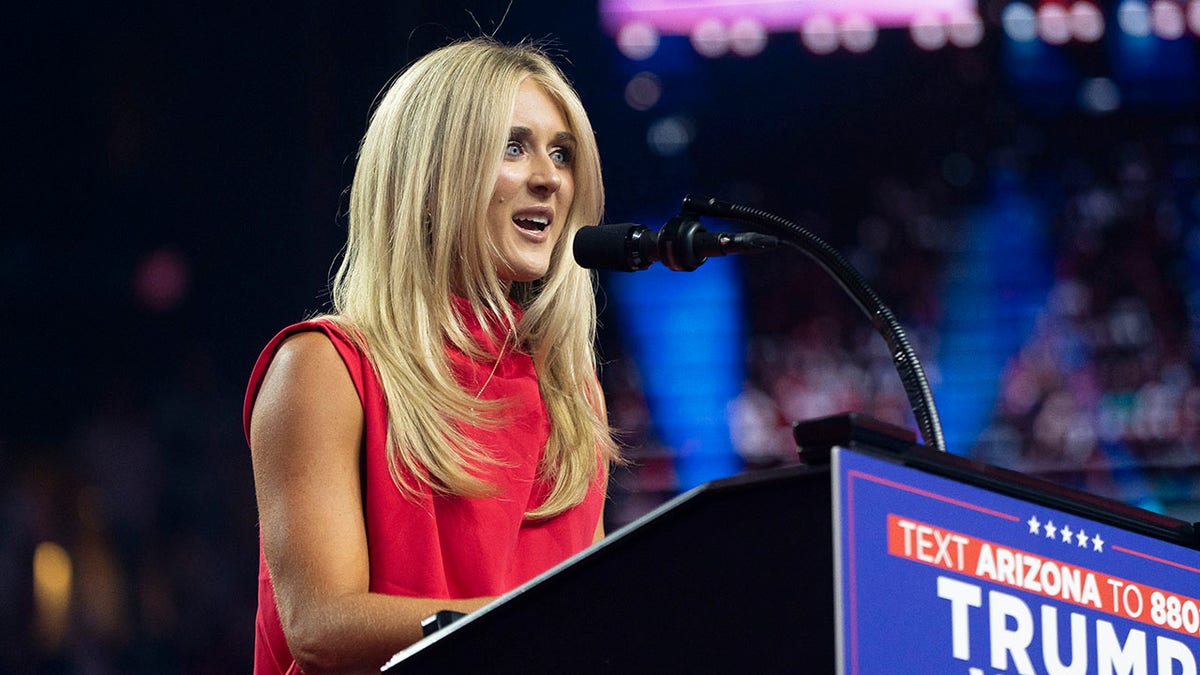
Simone Biles quickly responded on Twitter, calling Gaines “truly sick” and a “sore loser.” Biles criticized Gaines for “bullying” transgender people instead of promoting inclusion in sports. She suggested that a separate category for transgender athletes in all sports could be created to ensure fairness and safety for everyone.

Gaines did not remain silent in the face of criticism. “It is not the responsibility of women to try to bring men into our spaces,” she countered. Gaines stressed that allowing transgender people to compete on women’s teams is “stealing the dreams of young girls.”
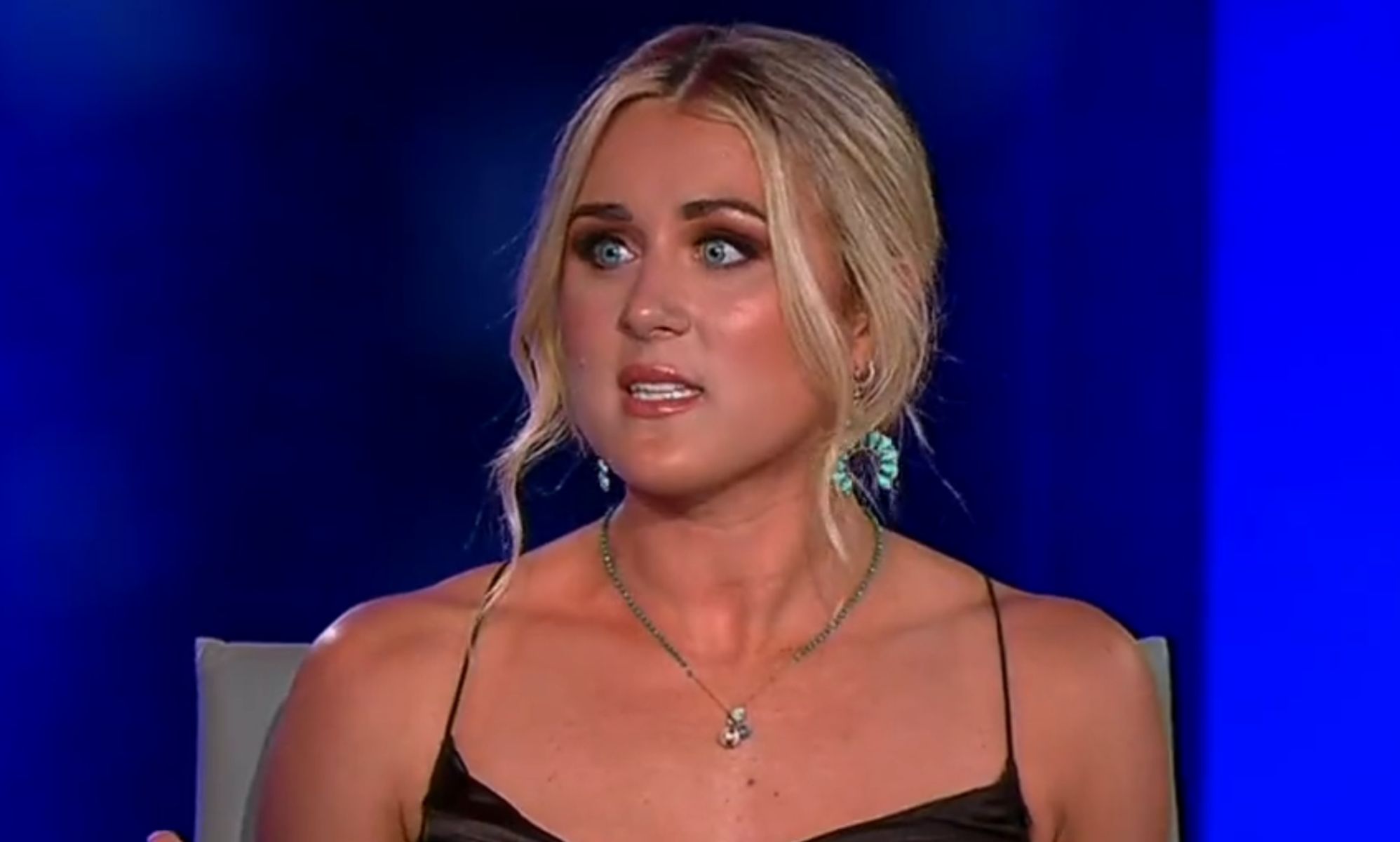
The debate between the two athletes quickly spread on social media, attracting the attention of the public and the media. Many people supported Biles because she spoke out to protect the transgender community and promote inclusion in sports. However, many people also sided with Gaines, arguing that allowing transgender people to compete on women’s teams is unfair and affects women’s opportunities in sports.

According to a recent survey, about 79% of Americans believe that transgender athletes should not compete in women’s categories. This shows that this issue is still controversial and has not yet reached a consensus in society.
The debate between Simone Biles and Riley Gaines not only reflects the divide in opinion on transgender rights in sports, but also raises questions about the role of high-profile athletes in shaping public opinion and driving social change. Regardless of which side of the debate you fall on, it is clear that this is a complex issue that requires open and respectful discussion to find a solution that is fair to all athletes.
